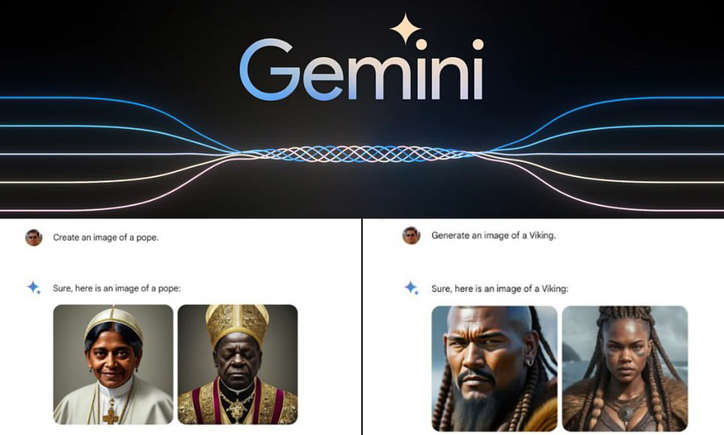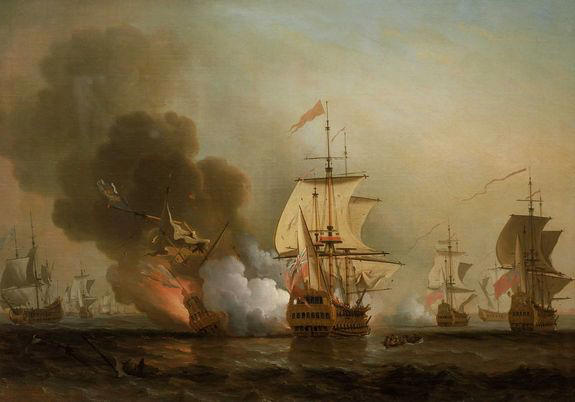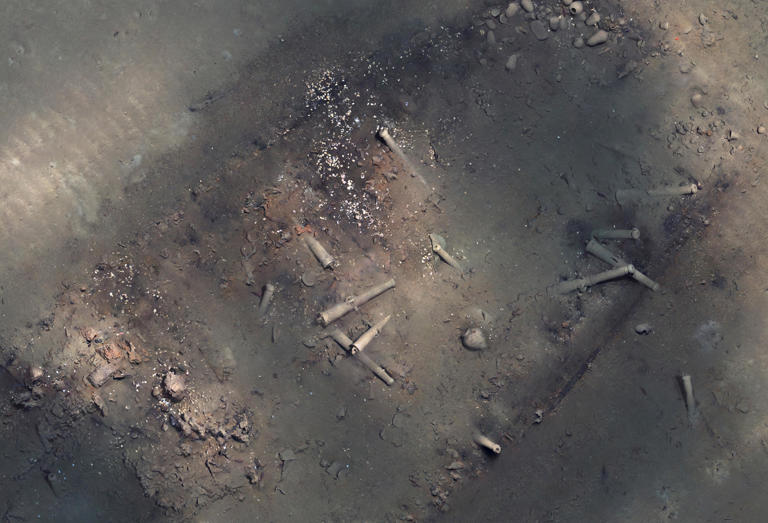
Alberta town bans Pride flags, rainbow crosswalks after plebiscite© Provided by The Canadian Press
WESTLOCK, Alta. — Mayor Jon Kramer says he spent weeks telling residents in Westlock, Alta., not to vote for a bylaw that bans Pride flags and rainbow crosswalks on municipal property.
A slim majority in the town north of Edmonton voted Thursday to fly only government flags and paint crosswalks in a white striped pattern.
"As a council we're deeply disappointed, but we're not discouraged," Kramer said in an interview Friday.
"I firmly believe that Westlock is a kind and caring community. But, you know, the end result is this is proof that change is just incredibly hard for some people."
There were 1,302 votes cast in the plebiscite, with 663 people in favour and 639 opposed.
Kramer said the town of 4,800 will continue to find ways to embrace marginalized groups, including those in the LGBTQ community.
He has spoken with members of the local gay-straight alliance to think of ideas, he said. The group painted the town's first Pride crosswalk last year.
"It's been difficult for them because they did everything right in getting that crosswalk approved."
Last year, a group brought a petition to council demanding neutrality in public spaces after the crosswalk was painted.
Related video: Westlock bans Pride flags, rainbow crosswalks after tight vote (Global News)
Duration 2:10 View on Watch
The petition went before council, and councillors were given the choice to pass the bylaw or refer it to a plebiscite. They decided residents should vote on it.
The move can't be undone by council unless a future plebiscite is held and calls for the ban to be rescinded, Kramer said.
The Westlock Neutrality Team, a group that spearheaded the petition, did not immediately respond to a request for comment about the vote.
Kristopher Wells, the Canada Research Chair in the Public Understanding of Sexual and Gender Minority Youth, said the results are disappointing.
He said he worries for the youth who helped paint the crosswalk.
"People who voted for the removal of this crosswalk don't realize that this doesn't mean the removal of LGBTQ people in their community," Wells said.
"In some ways, this is only going to strengthen the resolve of the community and of city council to increase their support."
The United Conservative Party government in Alberta said it plans to introduce plans in the fall that require parental consent when students 15 and under want to change their name or pronouns at school. Students who are 16 and 17 would not need consent, but their parents would have to be notified.
The province also plans to restrict gender affirmation treatments, instruction on gender and sexuality in school, and the participation of transgender women in sports.
Similarly, Saskatchewan and New Brunswick have made rules that prevent children under 16 from changing their names or pronouns at school without parental consent.
"It is the 2SLGBTQ community that is in the crosshairs of hate and prejudice," Wells said.
Janis Irwin, Alberta Opposition NDP critic for LGBTQ issues, said she stands behind those affected by the vote in Westlock.
"The fight for a safe, inclusive Alberta continues. We can’t back down. We won’t," Irwin wrote on the social media platform X, formerly known as Twitter.
Kramer said he's always viewed rainbow crosswalks as bringing people together, even though some in Westlock saw it as dividing the community.
"There's some difficult conversations, there's some pushback, there's some frustration. But when you know you're on the right path, you don't waver," he said.
Kramer said Westlock has found ways to include people, such as adding ramps for those in wheelchairs and building an accessible playground. There's also a new Filipino story time at the library, he added.
"We're in a place where we cannot do crosswalks, we can't do flags. But inclusion is a deeply creative act. So at the end of the day, we're not out of options."
This report by The Canadian Press was first published Feb. 23, 2024.
-- By Jeremy Simes in Regina
The Canadian Press













